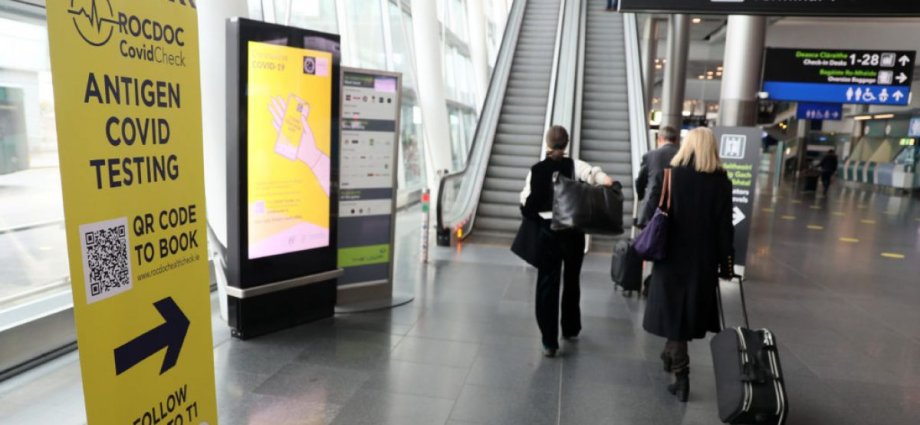Radical efforts to encourage partnership working among community projects in Plymouth have paid off creating a host of new relationships and an injection of tens of thousands of pounds of additional funding to the city.
Plymouth Octopus Project – also known as POP – which supports the voluntary and community sector (VCS) across the city, has been pioneering collaboration rather than competition. As a result, Plymouth now benefits from several unique partnerships supporting a wider variety of people in a wider variety of ways. Furthermore, in recognition of POP’s unconventional approach, nearly £80,000 of new money is being invested in the city. POP’s CEO, Matt Bell says collaboration pays off:
“POP ditched the competitive approach which sees individual projects competing for the same pot of money and instead created the Collectives Fund where organisations can learn from working together. It’s more rewarding for everyone.”
So far twelve very different projects involving more than thirty organisations have been awarded a total of £27,000 from the Collectives Fund. They include The Bis Sis Girl Empowerment Collective which will equip ‘tweens’ to better understand their bodies and emotions; Digital Inclusion from Borrow Don’t Buy (the library of things) and Timebank to refurbish and hand-out repurposed digital devices and Celebrating STEAM in the South West. This, a collaboration of six different organisations including Seadream, Art and Energy and Precious Plastic, is embracing all the science, technology, engineering, art and maths elements of STEAM to create a 360° film about their work, climate change and what we can do about it. Dr Juliette Jackson from Seadream, says it is unlikely the project would have come about had it not been for POP’s determination to try something different;
“These collaborations being instigated by POP are immensely beneficial to our small organisations. Where there could have been competition for funding we are now in a much stronger position, working as a team on a joint project, helping each other; learning together and reaching a wider audience.”
Significantly, POP’s efforts are attracting interest beyond Plymouth: three national charities have committed money to our city, two for the first time. The Alex Ferry Foundation which supports engineering, manufacturing and shipbuilding communities has pledged £10,000 which will be spent in Devonport while the Blagrave Foundation, which works with young people, wants to invest £20,000 in POP’s unconventional approach. As Tess Hibbert, Blagrave’s Regional Partnerships Manager confirms, they think POP is on to something;
“We believe the current funding system is broken and we need to think differently. We wanted to come on board with POP as it is modelling a system of funding based on collaboration which puts diversity and inclusion at its heart. We’re really looking forward to learning alongside you!”
The third fund, Power to Change, which has been funding projects in the city for five years is investing a further £48,000 to support POP’s work. As Bonnie Hewson, it’s Place Based Investment Manager says, they want to see more community businesses and projects that provide people who are ‘ageing’ with greater support:
“POP is always open to new ways of doing things and we hope that together we can continue to build power and innovation in the community and social enterprise sector. If you are interested in starting an initiative or business that will benefit the community and improve the health and wellbeing of local people, then POP is there to support you.”
It would appear that POP, and the city, with its reputation for social change and social enterprise, is at the forefront of a shift in ‘doing business better’. But as Matt Bell says being unconventional is not without its challenges;
“Our funding approach isn’t ‘traditional’ and we rely on our members to help us learn what is – and what isn’t – working. Without their support we wouldn’t be able to innovate; report on our progress and help to bring about a national shift in grant-giving.”











